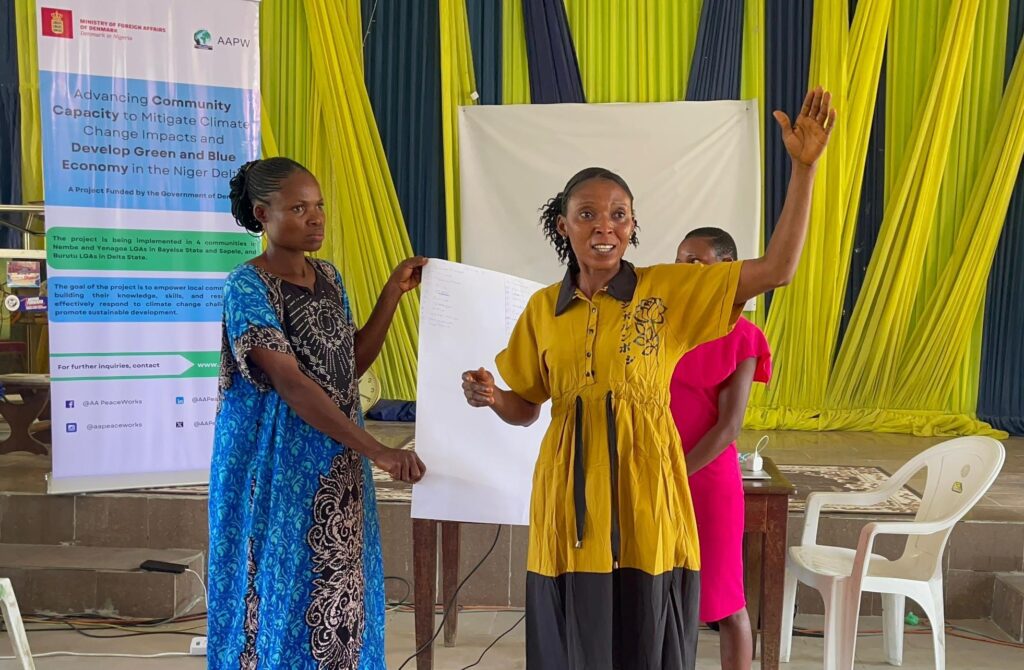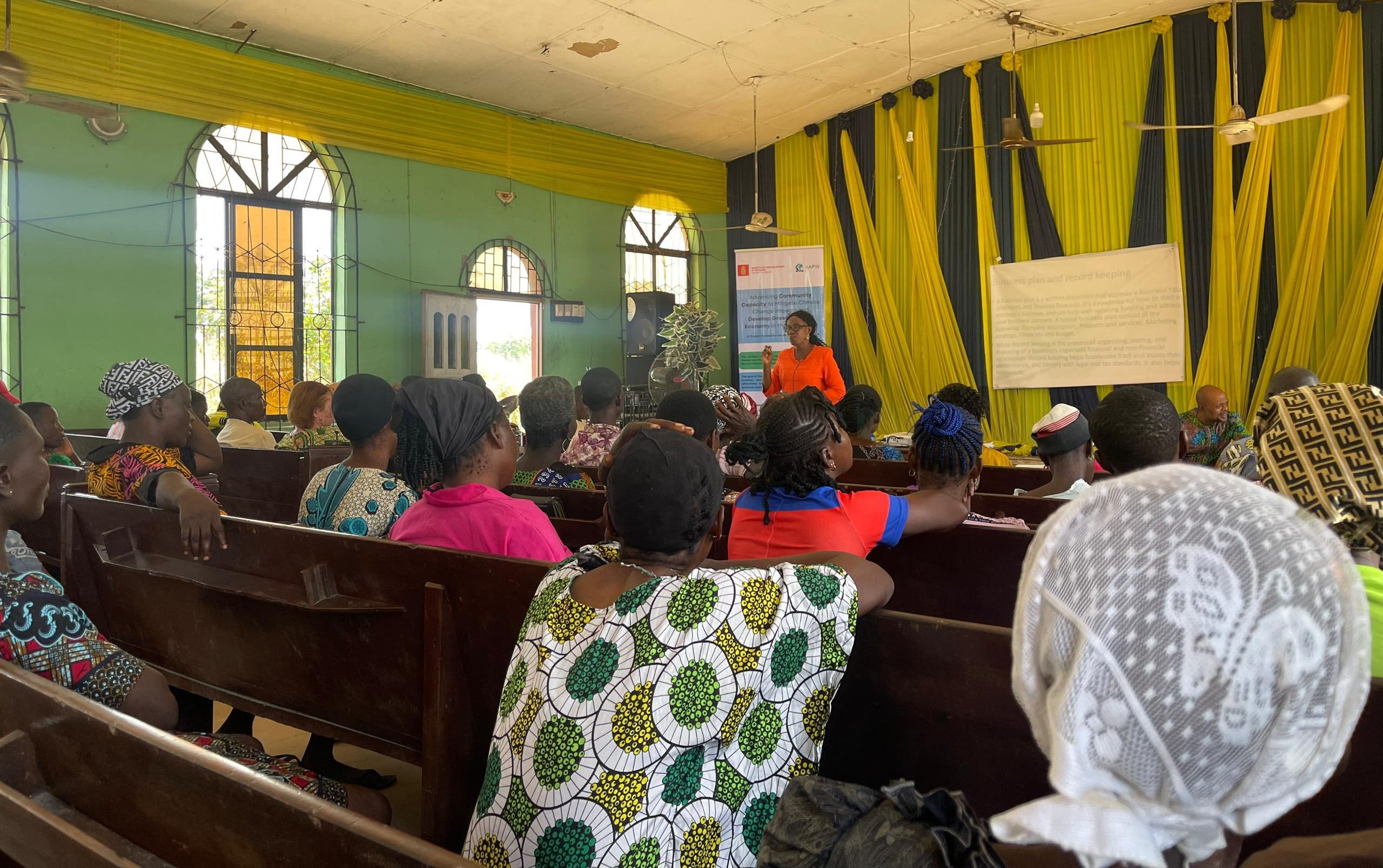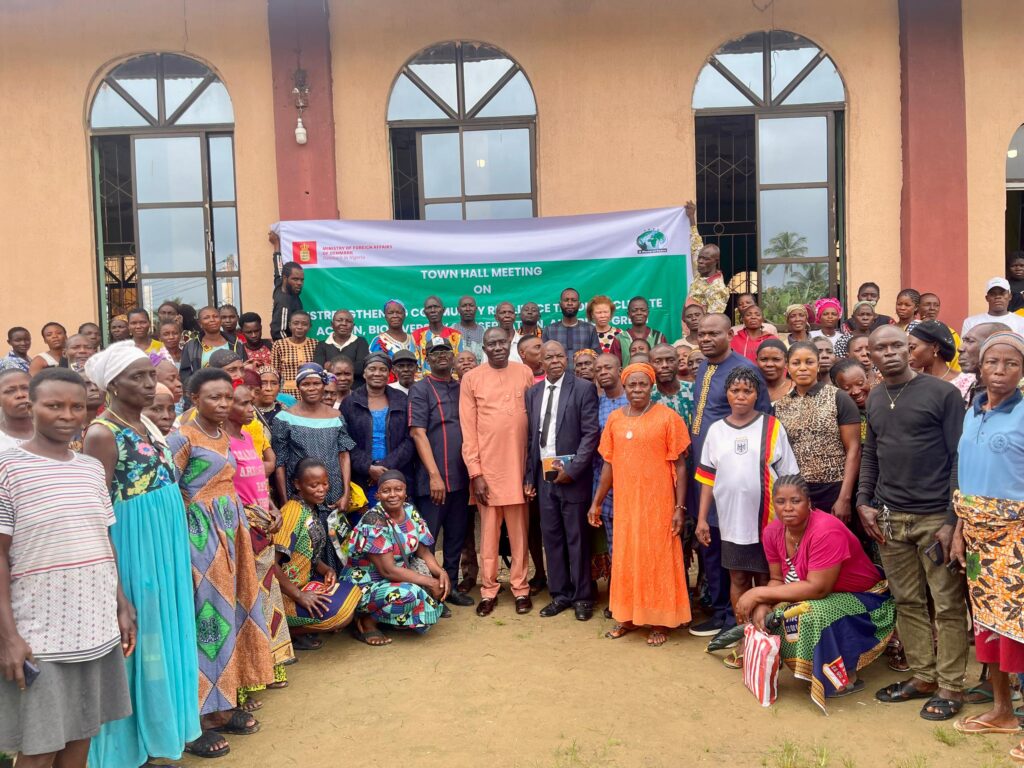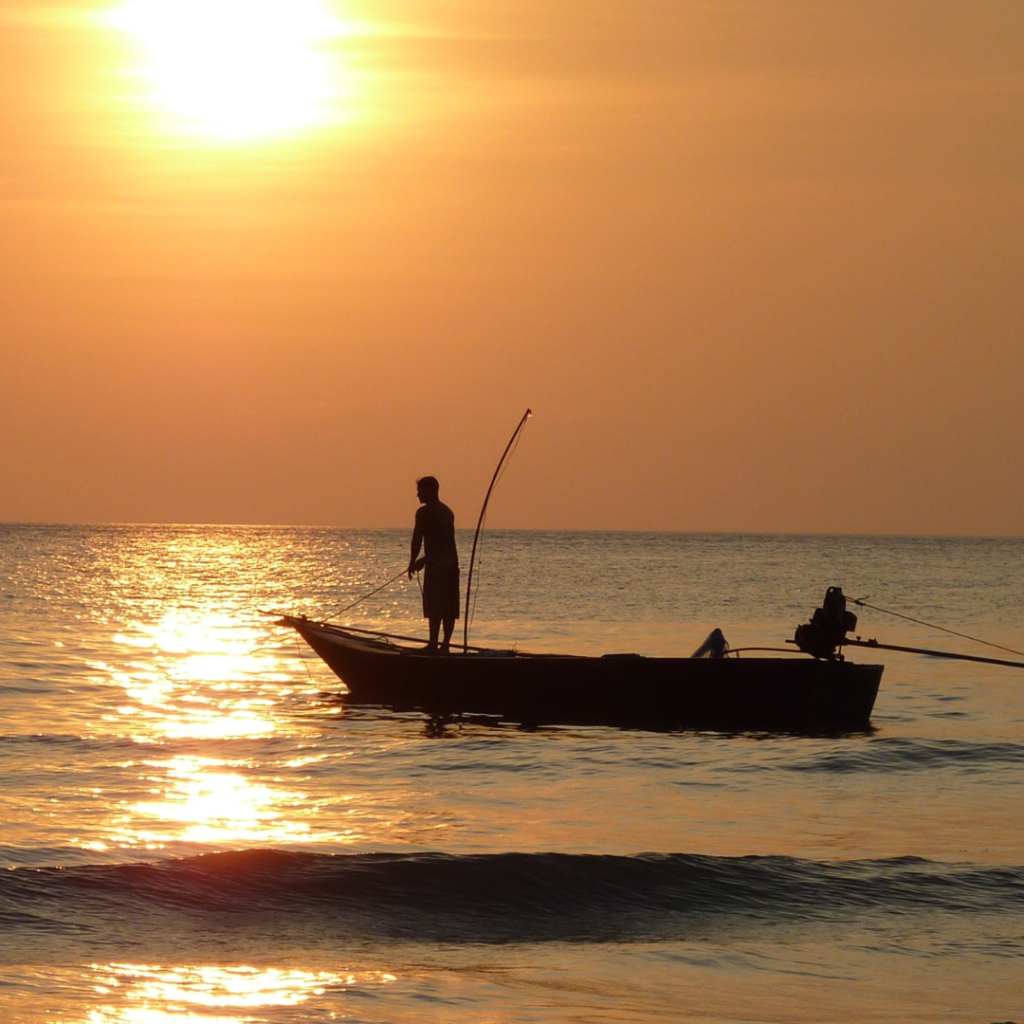The recent training in Deghele/Ogiedi communities in Delta State brought together agricultural experts, entrepreneurs, and community leaders to discuss sustainable practices, green economy, and collaborative community development. Led by Mr. Isu Menidin, the second day of the event kicked off with a summary of Day 1 activities, where participants shared insights on sustainable farming methods. Key takeaways included practices such as mulching, irrigation, crop rotation, and shifting cultivation, all vital to reducing environmental impact and enhancing agricultural resilience amid rising climate challenges.
Mrs. Becky Ebojoh, Head of Public Relations at Delta Broadcasting Service and consultant on agro-allied products, led a session on enterprise development in the green and blue economy. She explained the core concepts of entrepreneurship, including how to identify and capitalize on sustainable business opportunities. Ebojoh emphasized the importance of value-added activities, business planning, record-keeping, and effective advertising. She also addressed financing options for agrobusinesses, discussing resources like cooperatives, soft loans, personal savings, and micro-grants to support emerging entrepreneurs.
The training further explored sustainable fisheries management under the guidance of Godspower Atangemi, Principal Livestock Officer at the Bayelsa State Ministry of Agriculture. He provided practical strategies to safeguard fisheries, such as regulating catch limits, banning harmful chemicals, and adopting sustainable preservation methods like drying, salting, smoking, freezing, and canning. Atangemi highlighted the environmental benefits of land-based aquaculture systems, suggesting they could mitigate the ecological impacts of traditional fish farming.
Pastor Edewor Egedegbe, Executive Director of the Value Rebirth and Empowerment Initiative, conducted a session on stakeholder engagement and collaboration, particularly focused on inclusivity for women and youth. Through interactive discussions, he outlined best practices for transparent communication, informed consent, and participatory processes essential to successful community partnerships. Egedegbe also introduced participants to renewable energy sources such as solar, wind, and hydropower, advocating for clean energy as a key pillar in advancing a sustainable green economy. He encouraged community-led solutions like reducing disposables, recycling, and conserving energy and water to build a sustainable future.
Participants later split into groups to identify crops suited to the region’s loamy soil, with cassava, plantains, pumpkin leaves, and cocoyam noted as thriving staples, while rice, watermelon, and tomatoes were marked as less successful. This exercise helped attendees better understand climate adaptation in local agriculture.


Participants discuss collective solutions to group work assignments
The training underscored AAPW’s commitment to sustainable development, equipping participants with practical tools for entrepreneurship, environmental stewardship, and collaborative progress toward a greener future.






